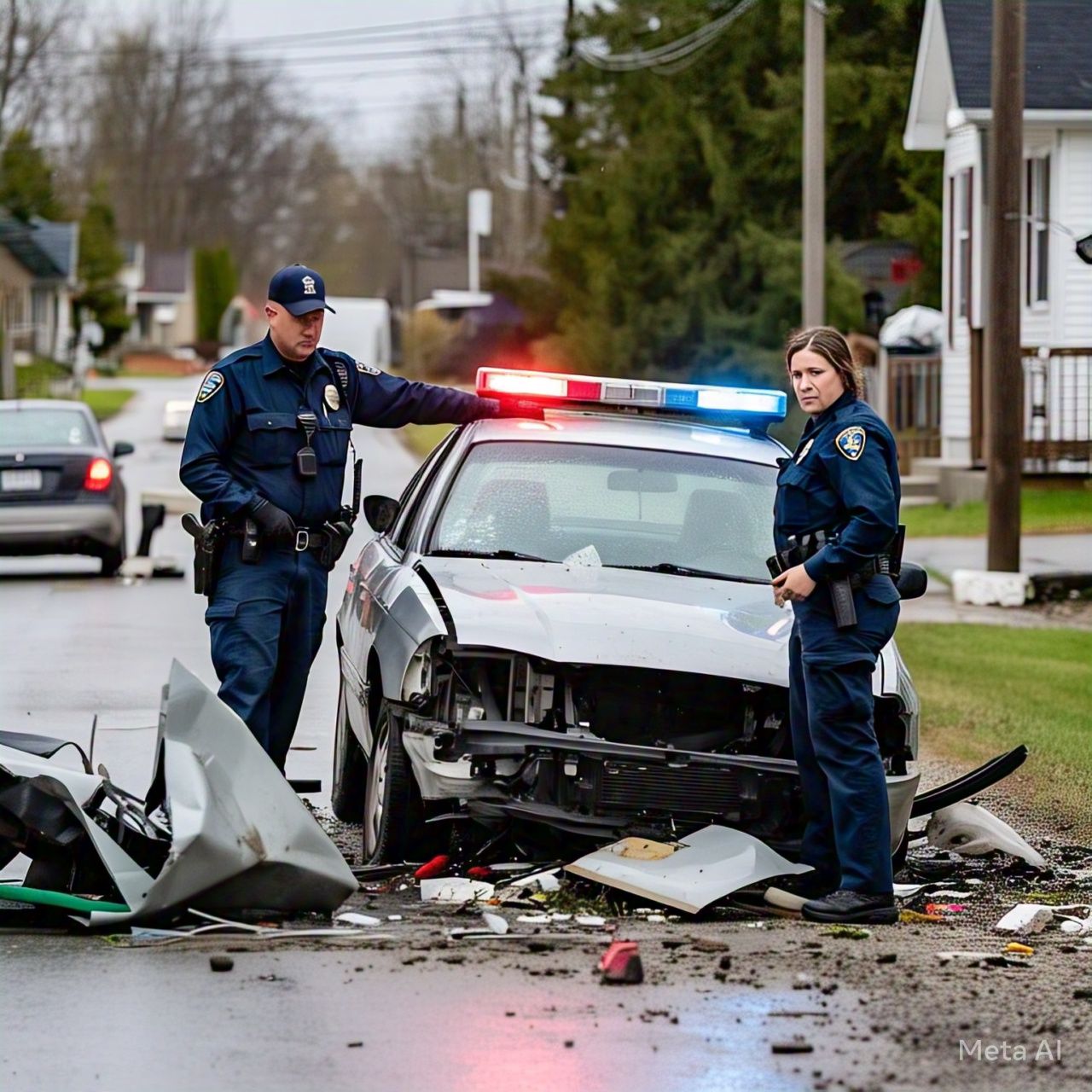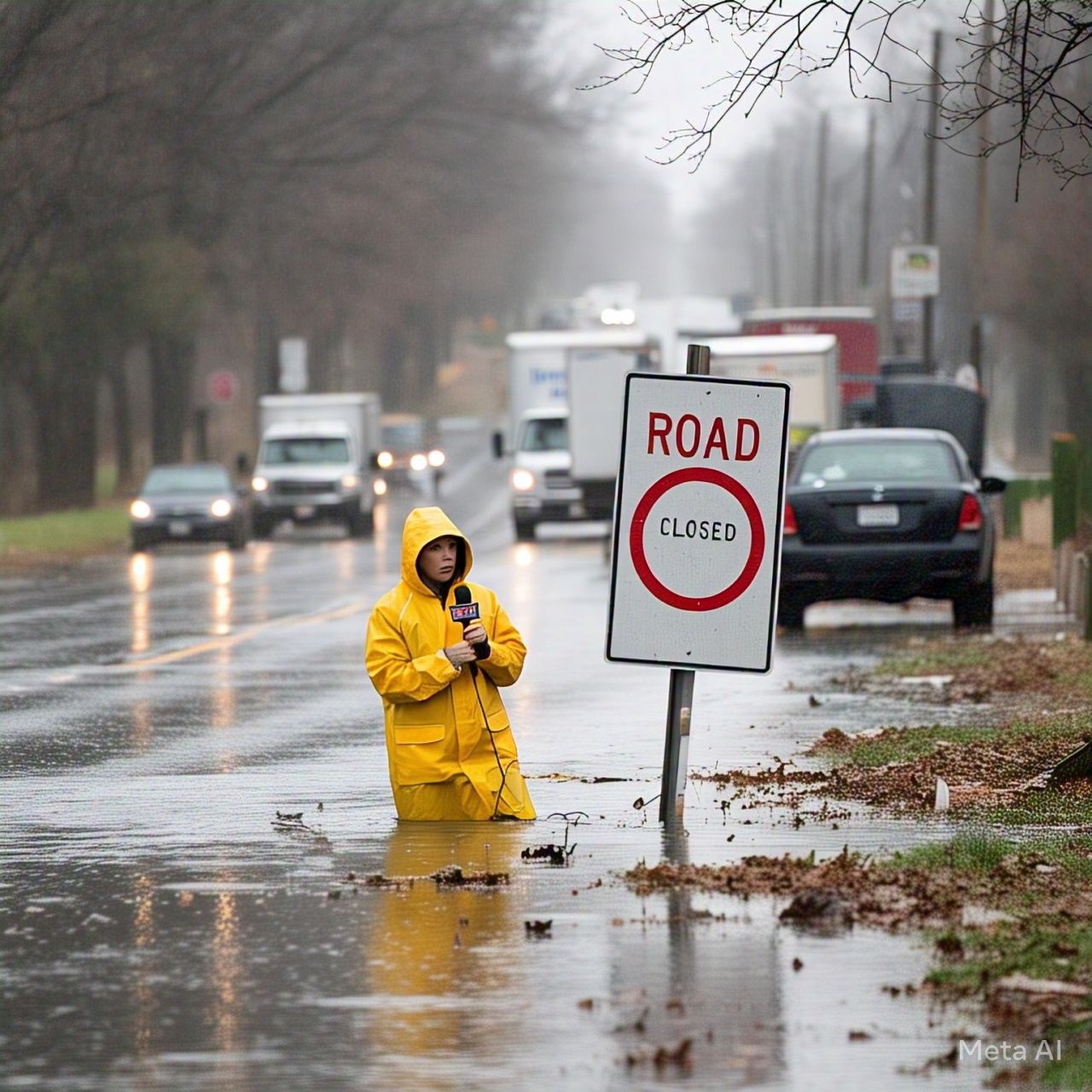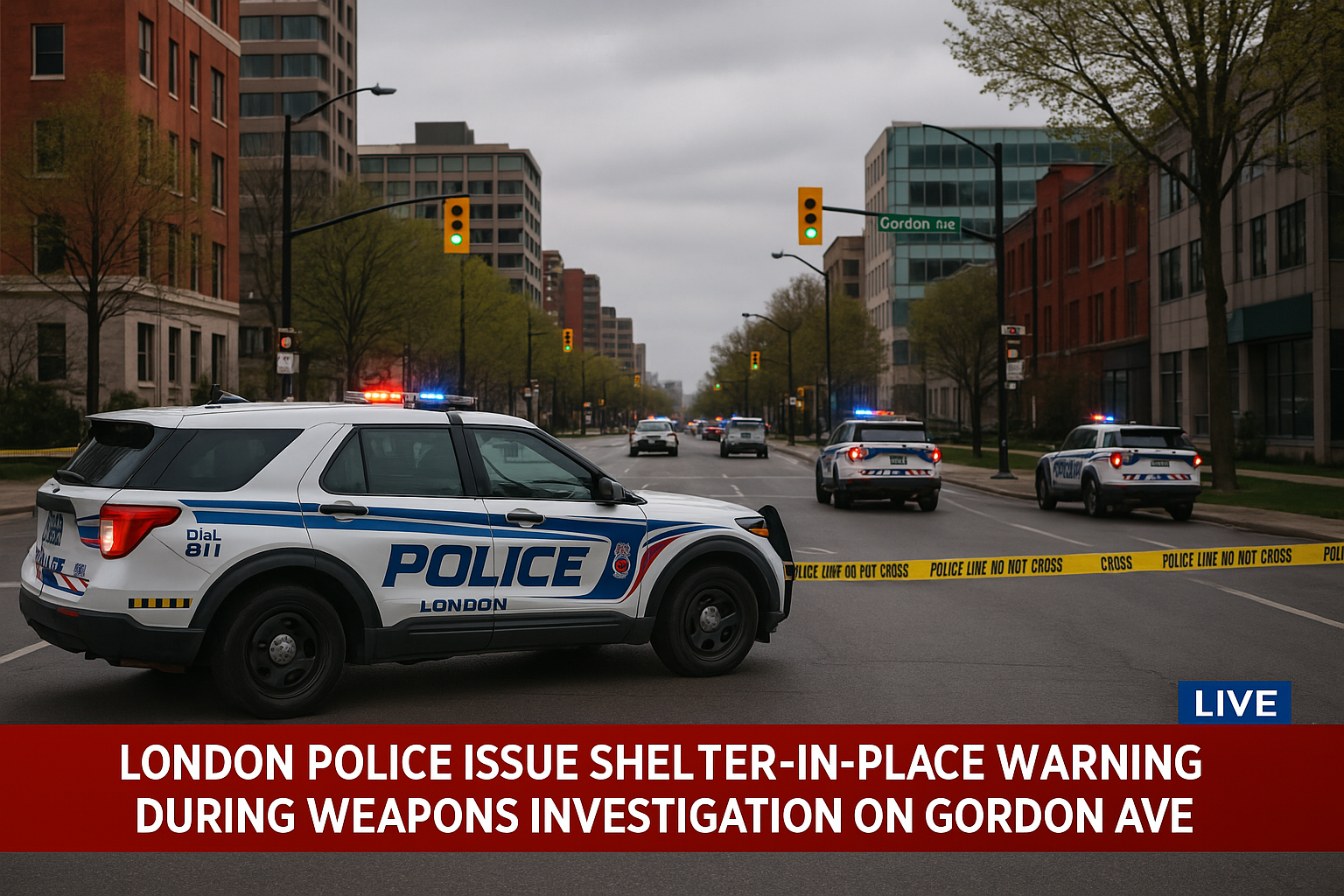
Innovative developments within the Middlesex-London Paramedic Service (MLPS) are already making a significant impact on patient care, with more advancements on the horizon.
Adam Bennett, Director of Paramedic Services, highlighted the success of the Advance Care Rapid Response Unit, which has exceeded expectations in its first three months of operation. The unit, staffed by a single advanced-care paramedic, is equipped with the same medications and equipment as a full-sized ambulance. However, it does not have transport capability, enabling paramedics to reach patients faster.
“In the three months since its launch, the unit has made a dramatic difference, especially in cardiac resuscitations,” Bennett told CTV News. “This unit has been responsible for more than 70% of all successful cardiac resuscitations service-wide.”
Mobile Logistics Unit: A New Innovation in Ambulance Support
The next innovation being tested by MLPS is the Mobile Logistics Unit, designed to improve the efficiency of ambulance services by replenishing supplies in the field, rather than requiring ambulances to return to headquarters for restocking. According to Bennett, this could reduce the time ambulances spend out of service.
“Instead of the paramedics driving long distances to restock, logistics would bring supplies to them,” Bennett explained. “This will improve service and could be more cost-effective.”
The Mobile Logistics Unit could be especially useful in rural areas where long distances between calls often result in extended downtime for ambulances. Bennett believes this innovation could ensure that ambulances remain in service longer and respond to calls more quickly.
“We could potentially keep ambulances in their response areas for extended periods without having to pull them out of service or relocate them to a different station,” he said. “They would have access to the supplies and medications they need without disrupting the 911 system.”
Benefits for Rural Areas and Hospitals
The resupply strategy is also expected to benefit ambulance operations in rural areas, where geography rather than call volume presents a challenge. In these areas, ambulances are often required to travel long distances to restock, which can result in delays in service.
Additionally, the Mobile Logistics Unit could streamline resupply processes during patient transfers at hospital emergency rooms, further enhancing the efficiency of the service.
Pilot Program and Future Plans
The MLPS plans to launch a pilot program for the Mobile Logistics Unit soon, with an assessment of its effectiveness expected by the end of the year. If successful, the unit could revolutionize how paramedics are supported in the field, keeping more ambulances available for emergency responses.





